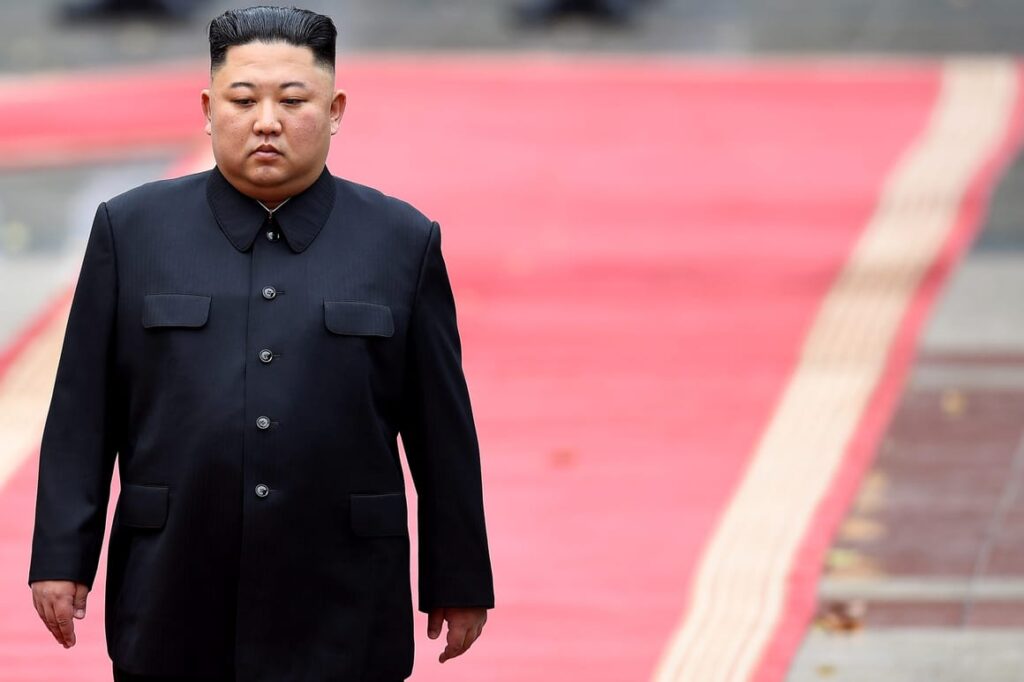
Analysis and Evaluation of North Korea’s Revised Criminal Law in 2023
Deletion of Unification Clauses before the Plenary Meeting of the Workers’ Party
Provisions in the 2022 Criminal Law that included ‘unification’ (Articles 26 and 71) were removed. North Korea held an expanded meeting of the 9th Plenary Meeting of the 8th Central Committee of the Workers’ Party of Korea from December 26 to 30, 2023, and declared that inter-Korean relations were “those of two hostile and two belligerent states at war,” asserting that unification with South Korea is impossible. Given the timing of the revision, it is presumed that North Korea’s policy of hostile state relations and abandonment of unification was established prior to the Central Committee meeting. Given that North Korean criminal law is a representative legal regulation for social control, it requires analysis and evaluation from a human rights perspective. The characteristics of the law are analyzed through a comparison between the Criminal Law of May 17, 2022 and the Criminal Law of December 24, 2023, and future response directions are explored below.
Increase in Death Penalty Provisions for Weapons Development and Protection of the Kim Jong-Un family
The trend of increasing death penalty provisions is continuing. The death penalty has been added to the statutory penalties of five articles, including Crimes of Anti-state Propaganda and Instigation (Article 66), Crimes of Illegal Production of Weapons and Ammunition (Article 80), Crimes of Illegal Use of Weapons and Ammunition (Article 81), Crimes of Illegal Manufacturing and Storage of Explosives (Article 117), and Crimes of Illegal Use and Transfer of Explosives (Article 118), resulting in an increase in the number of death penalty provisions from 11 to 16 in the revised Criminal Law of 2023. The strengthening of control and punishment regarding weapons and ammunition may be aimed at punishing residents who hinder the achievement of North Korea’s “Five-Year Plan for National Defense Science Development and Weapons System Development (2021-2025).” Additionally, the enhanced control and punishment concerning explosives are also analyzed as intentions to reinforce the safety and protection of Kim Jong-un and his family.
Strengthening Regime Security and Reflecting «Our State First» Principle
The revision of the Criminal Law has been made in the direction of strengthening the security of the North Korean regime. First, the statutory penalties for the crime of anti-state propaganda and instigation have been strengthened, with the death penalty specifically added (Article 66). Second, instead of the previous crime of storing, using, and distributing materials of enemies, a new crime of desecration of the national flag and emblem has been established (Article 240). The establishment of the crime of desecration of the national flag and emblem is analyzed as reflecting Kim Jong-un’s promotion of the “Our State First” principle as part of ideological control. Third, the strengthening of statutory penalties for the crime of fabricating and disseminating false rumors (Article 251) can also be understood as part of the effort to enhance regime security in North Korea.
Strengthening Control and Punishment for the Production and Sale of Substandard Drugs
The existing criminal law has been revised to include the sale of substandard drugs alongside the production of substandard drugs, and the penalties have been strengthened (Article 224). This indicates that the production and sale of substandard drugs are prevalent in North Korea, suggesting a deterioration of the residents’ right to health. Additionally, the general public’s distrust of hospitals is believed to contribute to the production and sale of substandard drugs. At the same time, the push for the unification of drug distribution in North Korea is analyzed as a backdrop for strengthening control and punishment against the production and sale of substandard drugs.
Conclusions
North Korea’s policy of abandoning unification contradicts the improvement of residents’ human rights and humanitarian conditions. The addition of the death penalty clause is contrary to international law, which stipulates that capital punishment should only be imposed for the most serious crimes. The strengthening of regime protection in North Korea suggests that the North Korean regime is unstable and that the continuous influx of external information and culture is affecting North Korean society and its residents. Policies must be consistently and continuously implemented to expand the right to access information, allowing North Korean residents to understand the importance of freedom and human rights. It is necessary to call for the withdrawal of the policies abandoning unification, the resumption of dialogue and cooperation between North and South Korea for peaceful unification of the Korean Peninsula, the abolition of the death penalty regulations that contradict international standards, the cessation of weapon system development, and the establishment and implementation of measures to promote the human rights of residents. There is also a need to repeal laws that restrict access to information, such as the Anti-Reactionary Thought Law, the Youth Cultural Development Law, and the Pyongyang Cultural Language Protection Law. Additionally, dialogue and cooperation between the North and South in the healthcare sector, including the prevention of the production and sale of substandard drugs and the improvement of public medical service levels, are essential.
